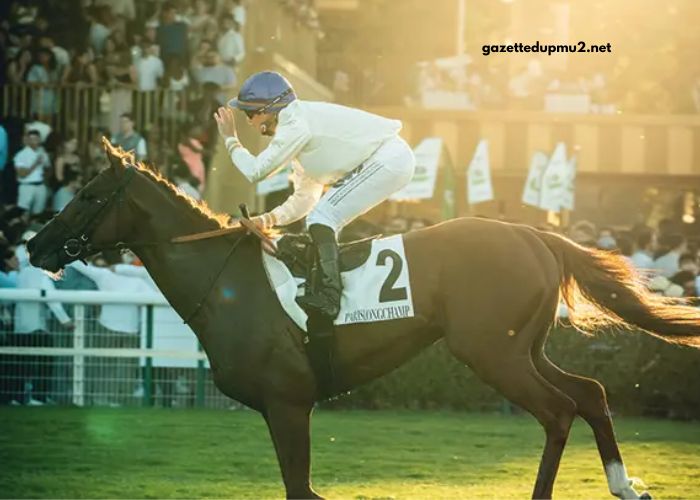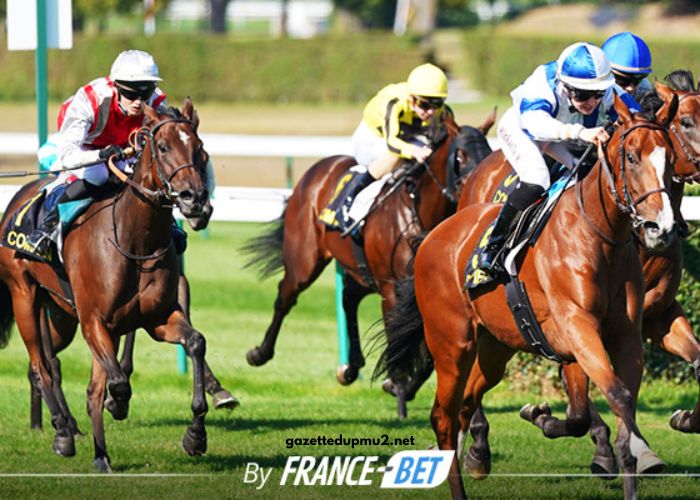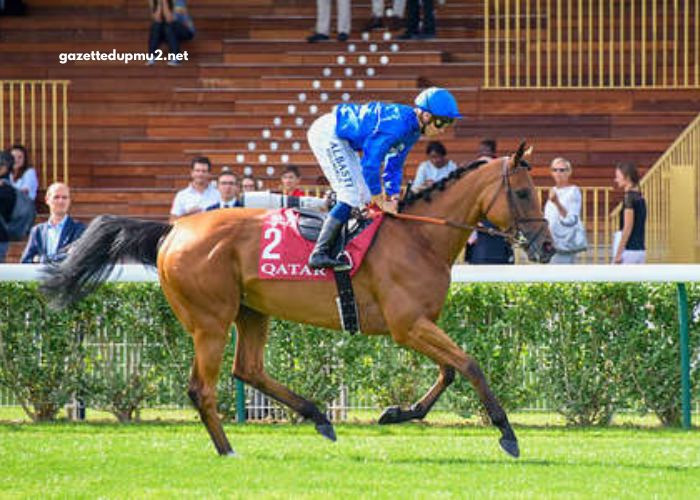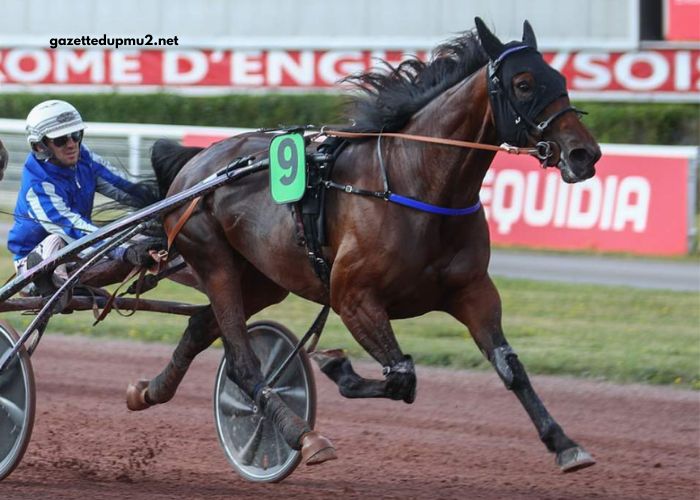In a world that often seems obsessed with excess and extravagance, minimalism has emerged as a refreshing antidote. It’s not just an aesthetic choice but a lifestyle that encourages us to declutter our physical and mental spaces, focusing on what truly matters. Minimalism redefined goes beyond the superficial, inviting us to find joy in simplicity and embrace a life unburdened by unnecessary possessions and distractions.
The Essence of Minimalism
Minimalism is often misunderstood as merely an interior design trend characterized by sleek lines, monochromatic color palettes, and a sparsely furnished living space. While these elements can be part of minimalist aesthetics, they are only the tip of the iceberg. Minimalism, at its core, is about intentional living.
Decluttering the Physical Space
One of the most tangible aspects of minimalism is decluttering your physical space. This doesn’t mean getting rid of everything you own, but rather, it’s about curating your possessions. Minimalists carefully consider what they own, keeping only what serves a purpose or brings joy. This process can be liberating, as it allows you to break free from the shackles of consumerism.
Decluttering is more than just tidying up; it’s a mindful act that helps you detach from materialistic attachments. When you rid your life of excess stuff, you free up physical and mental space for things that truly matter.
Simplifying Your Lifestyle
Minimalism extends beyond the physical realm and into how you live your life. It encourages simplification in all aspects, from your daily routines to your financial decisions. By simplifying, you reduce stress and complexity, making room for more meaningful experiences.
Simplifying your lifestyle might involve cutting out commitments that drain your energy or scaling back on expenses that don’t align with your values. This process helps you prioritize what truly matters to you and allocate your time and resources accordingly.
Embracing Mindfulness
At its core, minimalism is a practice in mindfulness. It urges you to be present and fully engaged with your life. When you’re not constantly chasing after the next possession or experience, you can savor the beauty of the present moment.
Mindfulness in minimalism means paying attention to your thoughts and feelings as they arise. It’s about being aware of the impact of your choices on your well-being and the world around you. By slowing down and appreciating the small moments, you can find profound joy in simplicity.
The Benefits of Minimalism
Embracing minimalism can have a profound impact on your life. It’s not just about having a tidy home; it’s about transforming your mindset and experiencing a range of benefits.
Reduced Stress and Anxiety
Living in a cluttered and chaotic environment can contribute to stress and anxiety. The constant visual and mental noise of excess possessions can overwhelm your senses. Minimalism allows you to create a calm and peaceful sanctuary where you can relax and rejuvenate.
When you simplify your life, you also reduce the mental burden of decision-making. With fewer choices to make and distractions to contend with, you’ll find it easier to focus and make thoughtful decisions.
Improved Relationships
Minimalism encourages you to prioritize relationships over possessions. As you let go of the need to accumulate more things, you’ll have more time and energy to invest in the people who matter most to you. Stronger connections and deeper conversations often result from this shift in focus.
Additionally, minimalism can lead to healthier boundaries. When you simplify your commitments and obligations, you can ensure that you’re not overextending yourself, which can strain relationships.
Financial Freedom
Consumer culture often promotes the idea that buying more will lead to happiness. However, this pursuit of material possessions can lead to financial stress and debt. Minimalism encourages you to reassess your spending habits and prioritize experiences over things.
By adopting a minimalist approach to finances, you can save money, pay off debt, and achieve financial independence. This newfound financial freedom gives you the flexibility to pursue your passions and create the life you desire.
Environmental Impact
Consumerism is closely tied to environmental degradation. The more we consume, the more resources are extracted and waste is generated. Minimalism aligns with sustainability by advocating for conscious consumption and reducing waste.
When you buy less and choose products with longevity in mind, you reduce your environmental footprint. Minimalists often embrace practices like recycling, upcycling, and reducing single-use plastics, contributing to a healthier planet.
Redefining Minimalism for Modern Life
As minimalism gains popularity, it’s essential to adapt its principles to our modern, fast-paced world. Here are some ways to redefine minimalism for the 21st century.
Digital Minimalism
In today’s digital age, clutter extends beyond physical possessions to our digital lives. We’re bombarded with emails, notifications, and social media updates, which can be overwhelming and distracting.
Digital minimalism encourages you to declutter your digital space by unsubscribing from unnecessary emails, organizing your digital files, and reducing your screen time. This not only frees up mental space but also helps you be more present in the real world.
Experiential Minimalism
While minimalism often emphasizes owning less, it doesn’t mean you can’t enjoy life’s pleasures. Experiential minimalism suggests that you invest in experiences rather than possessions. Instead of buying a new gadget, you might spend your money on a memorable vacation or a cooking class.
Experiences have the potential to bring lasting joy and fulfillment, often more so than material possessions. They create memories, foster personal growth, and deepen your connection with the world.
Mindful Consumption
Minimalism isn’t about never buying anything again; it’s about making thoughtful and intentional choices. Mindful consumption means considering the impact of your purchases on your well-being and the planet.
Before making a purchase, ask yourself if it aligns with your values and if it will genuinely improve your life. This practice can help you avoid impulse buying and reduce the clutter of unused items.
Digital Detox
Our constant connectivity to screens can be draining and disconnect us from the world around us. Taking regular digital detoxes can help you recharge and reconnect with the physical world. During these breaks, you can focus on hobbies, spend time in nature, or simply be present with loved ones.
A digital detox doesn’t mean you have to go completely offline forever; it’s about finding a balance that works for you. Even short breaks from screens can have a rejuvenating effect on your mind and well-being.
Practical Steps to Embrace Minimalism
If you’re intrigued by the idea of minimalism, here are some practical steps to get started:
Declutter Mindfully
Begin by decluttering your physical space. Go through your belongings and ask yourself if each item serves a purpose or brings you joy. If not, consider donating, selling, or recycling it. Start small with one room or category of items, and gradually work your way through your home.
Simplify Your Commitments
Evaluate your commitments and obligations. Are there activities or commitments that drain your energy and don’t align with your values? Consider scaling back on these to create more space for what truly matters to you.
Practice Mindful Consumption
Before making a purchase, take a moment to reflect. Ask yourself if the item will genuinely enhance your life or if it’s just a momentary desire.





